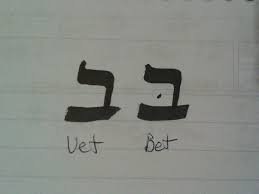escargot
Disciple of Marduk
- Joined
- Aug 24, 2001
- Messages
- 43,459
- Location
- HM The Tower of London
Here's an example: the word 'gunsel'. It now means something like 'a criminal with a gun' but that meaning comes from a deliberate misdirection by that genius Dashiell Hammett.
What is a gunsel?
What is a gunsel?
You have to admire Dashiell Hammett for using a corrupted Yiddish word to pull the wool over his jittery editor’s eyes in 1929 when the Black Mask ran the serialized version of his The Maltese Falcon, which would be released as a novel in 1930.
Hammett’s editor objected to his use of the word “catamite” in referring to Casper Gutman’s gunman Wilmer Cook. A catamite is “a boy kept by an older man for homosexual practices.”
Oh, my, we can’t have people reading that.
OK, Hammett said, you don’t like catamite. How about gunsel?
Thinking it was another word for a torpedo or hit man, the editor agreed and, without knowing what the result would be, Hammett singlehandedly brought the word into Hollywood lexicon.
Gunsel is taken from the Yiddish word gendzel, meaning little goose. Somehow, the corrupted form, gunsel, became the term for a young homosexual male in convict and tramp circles.



 .
.

